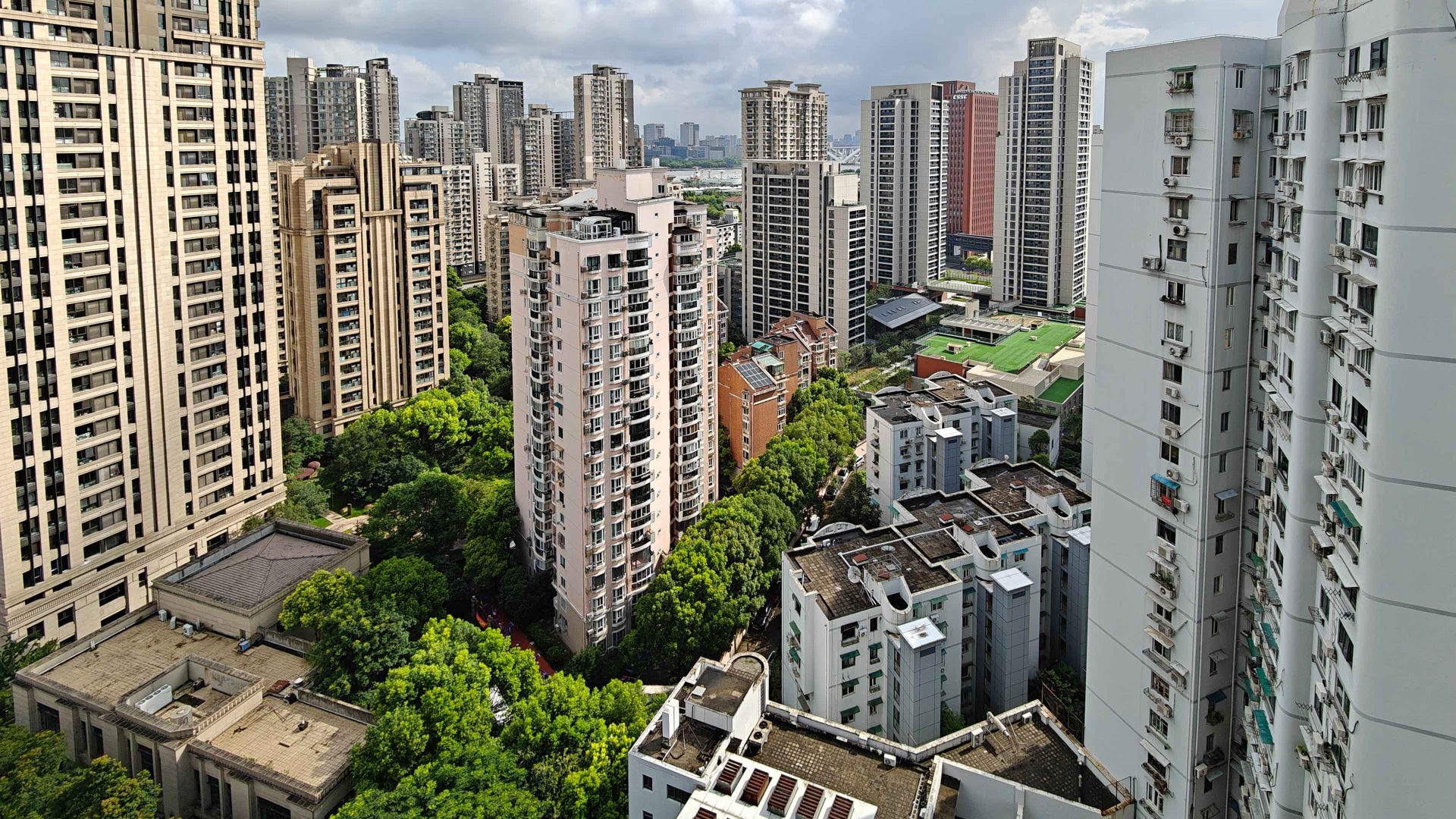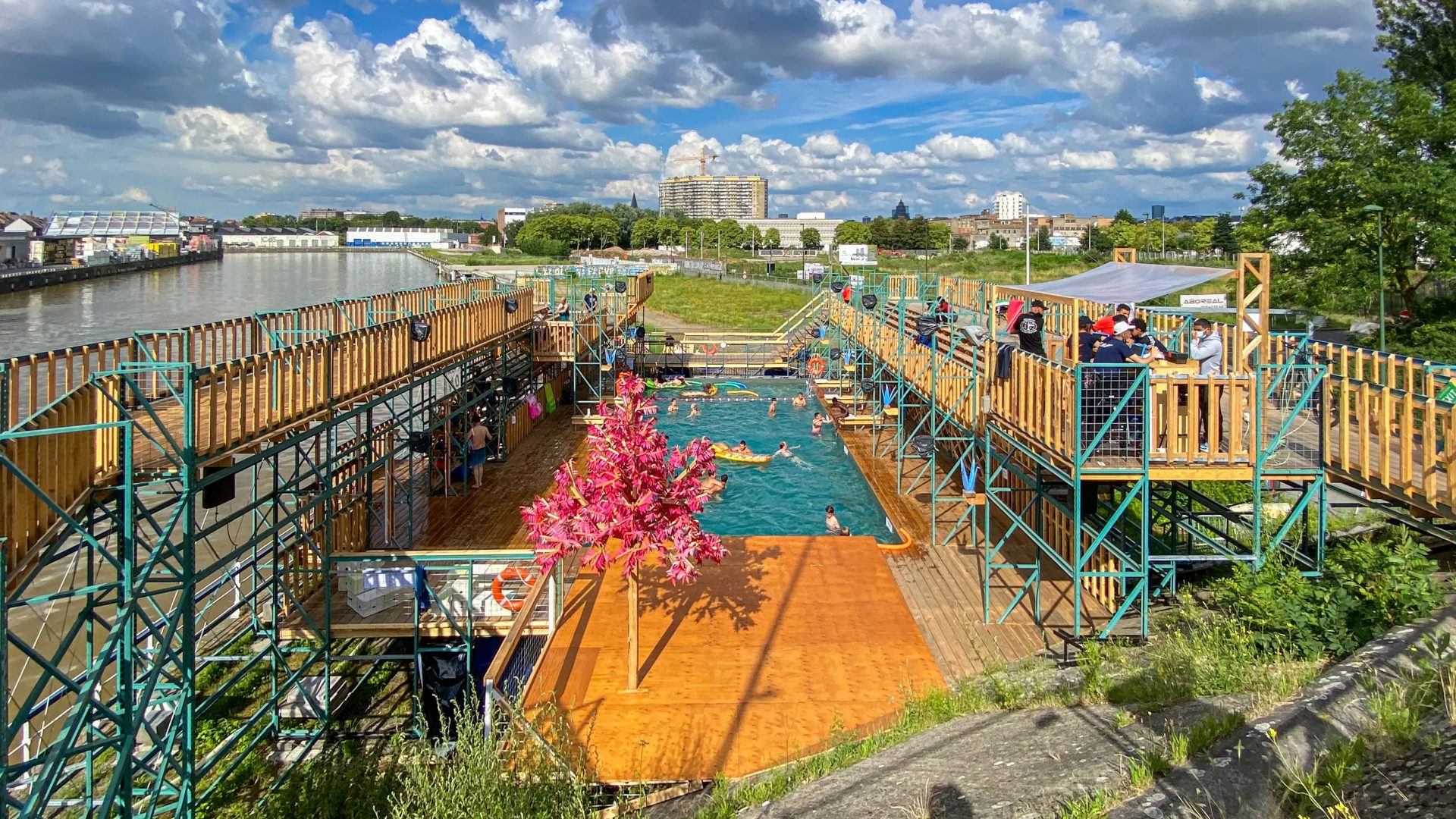“Ah Gwun, do you know the house in Zhongshan is about to collapse?” my Aunt Linda told me on the phone one day, calling me by my Chinese name.
“No,” I said in shock. “I thought our relatives had locked it up all these years.”
She was referring to our ancestral home, a nearly 90-year-old, two-storey brick house that looked modern in its earlier days but has a traditional southern Chinese interior, with gigantic black wooden front doors, a high wood-beam ceiling, and a hallway running almost to the back yard for air circulation in the hot and humid summer months. Before immigrating to the US, our family had lived in that house for generations. It’s in Zhongshan city, which is across an estuary from the now famous Shenzhen, “China’s first Silicon Valley,” in Guangdong province, southern China.
“Your mom wants your eldest sister to get everyone to relinquish their rights, so you and your sisters can inherit it and rent it for 30 years to a Taiwanese investor. He wants to repair it and turn it into a hotel,” said Aunt Linda.
My deceased grandmother and father had loved that house. I’ve lived in California, Hong Kong, mainland China, and Taiwan, but I’m the only one who has visited the house regularly over the years.
I convinced my mother and eldest sister that their plan to hire an agency in Oakland Chinatown, in California, to help us with the paperwork was a bad idea. Their staff didn’t seem to understand the paperwork that would allow us to transfer title from the older generation to us five sisters. And there was no way I would let that Taiwanese businessman turn my home into a hotel.
Initially, my family tried to talk me out of what they saw was a nonsensical idea.
“Just let it collapse! None of us are in China to live in it. What’s the use of repairing it?” one sister said.
“The amount of money you’ll have to spend on repairs would be better spent buying a new apartment in Zhongshan,” one aunt said. “Stop wasting your time. I can even give you money to demolish the whole thing and get it over with.”
My mom, who grew up under communism, said, “It should be given back to the government. In China, all land belongs to the country.”
Indeed, why would a Chinese-American family care about an old dilapidated house when they had spent decades desperately trying to leave China for the US? My parents were so eager to leave that they even named my fourth sister “Fei” – “Fly”.
My father endured long waits during the years when there were no diplomatic relations between the two countries. It was only in 1976, at the end of the Cultural Revolution, that dad was allowed to immigrate to join his mother and sisters in California, and only in 1979 after Beijing and Washington finally established diplomatic ties that my mother, sisters and I were able to go to the US to join him.
In the Chinese housing boom of the past two decades, people have been abandoning their ancestral homes, even the people who stayed. Those old houses were looked down on as backward, and yes sometimes the plumbing wasn’t great, but they were built ingeniously to keep cool in the summer.
In China’s craze for modernisation, many traditional homes were razed, including the classical courtyard homes in hutongs or alleys in Beijing. Others were abandoned, including houses in Zhongshan that were a mix of western and Chinese architectural styles, reflecting the influence of overseas Chinese who had left to seek their fortune in California’s gold mines in the 1800s, or work as coolies in the European colonies in South-east Asia.
I argued with my family: “But Ah Gong Ah Poh [my grandparents] painstakingly built that home so we would have a roof over our heads!”
The land it sits on was one of three plots purchased by my great grandfather for his three sons. Even though he was just a poor farmer, he saved money from raising and selling pigs to build a two-storey brick house on his plot. Grandfather and grandmother poured all their savings into the house. When he died in his 40s, the family didn’t even have the money to buy a burial plot for him.
How could any of us think about giving up that house? They had built it not only for themselves, but for later generations. They had built it for us.
Cindy Sui is the BBC’s former Taiwan correspondent



